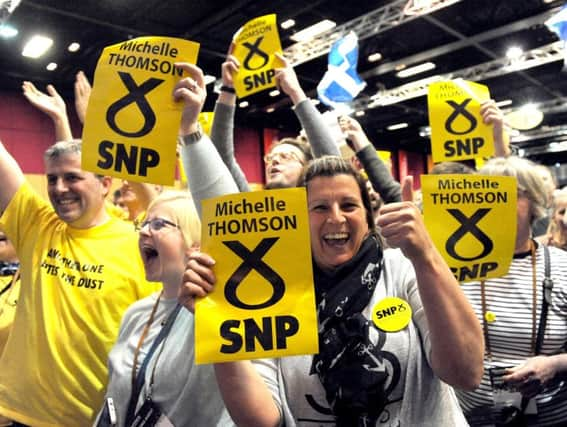John McLaren: New world may not be all that brave


Politically, it might seem obvious that, while still remaining part of the UK, the SNP’s goal of full fiscal autonomy would be the first request on the table.
But that may not happen. With the oil price, and therefore UK oil tax revenues, remaining low, full fiscal autonomy would be a real struggle for Scotland at present, and possibly for years to come.
Advertisement
Hide AdAdvertisement
Hide AdThis could explain why such a request has not been prominent in SNP claims during the UK election.
The big bust-up that may erupt across the UK Parliament, where the SNP will now stand out as a significant opposition block, is likely to be over future cuts to public spending.
With the Tories having an outright majority, there is no reason for them to rein in their own spending plans, which will lead to much bigger cuts up to 2018-19 than under Labour plans or under any likely coalition. It can be expected that such a stance will be fiercely opposed by the SNP, but will that have any effect on the final outcome?
And if not then would this imply any use in Scotland of the Smith Commission-related powers on income tax and borrowing to help adjust for such a situation?
With such new economic powers for Scotland not emerging until 2017 it may be that events at the next Scottish Parliament election will overtake any such negotiations and changes in any case.
The financial markets’ reaction to a Tory majority has been very positive, but that may be temporary as it ensures there will be a referendum on the UK’s membership of the European Union sometime before the end of 2017.
Given that Ukip have ended up as the third most popular party in the UK, in terms of votes cast, the result of such a referendum remains in some doubt.
As the Scottish elections of 2016 are followed by local government elections in Scotland and an EU referendum in 2017, the business community and the financial markets will just have to get used to political uncertainty for some time to come.
Welcome to a new world.
• John McLaren is an economist for Fiscal Affairs Scotland.